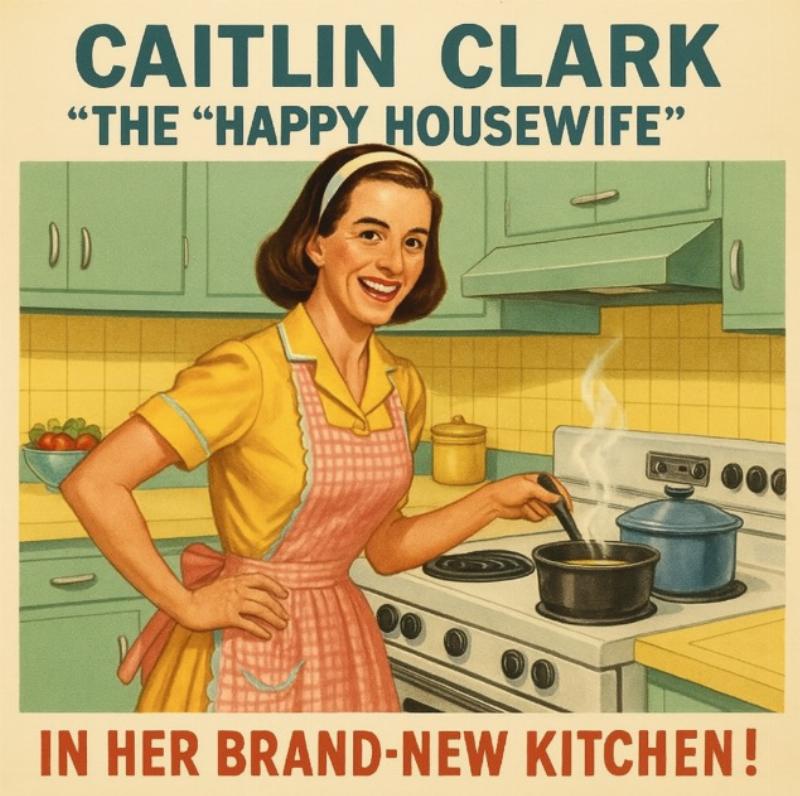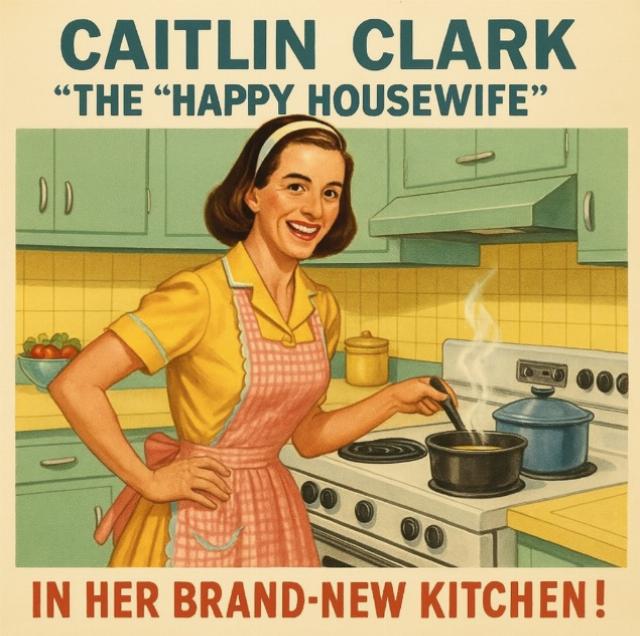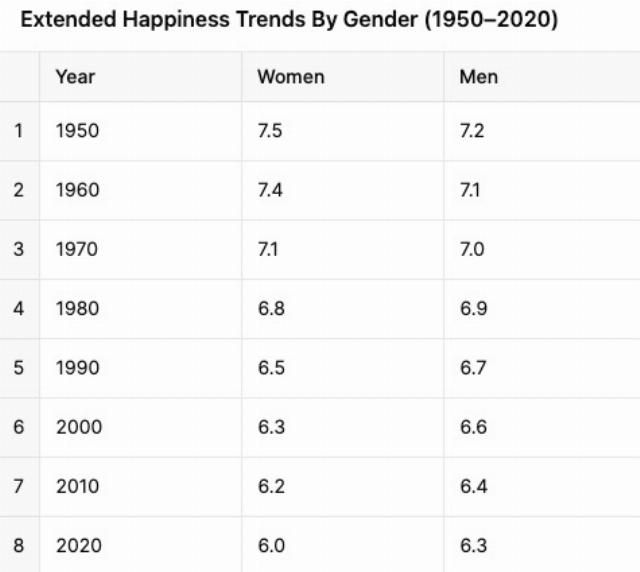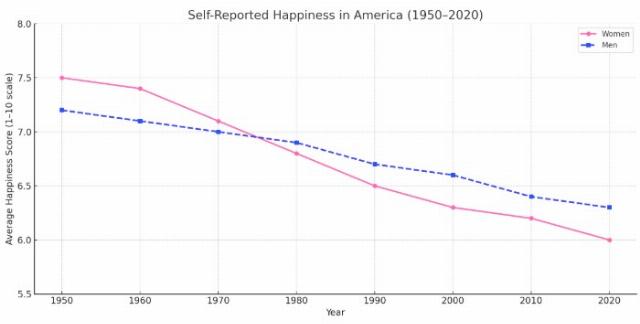


Sometimes, advertising fails are so gruesome that they have a peculiar brilliance. That was certainly the case of the joint WNBA-Gatorade campaign, which adopted the slogan “Let Her Cook.” Given the strident, demanding feminism of the WNBA, having a slogan that seemingly demanded a return to feminine domesticity was ironically hilarious. However, it occurred to me that the angry, manifestly unhappy young women in the WNBA might actually have been happier in the past—as were most American women.
So, here are a couple of examples of the marketing collaboration:
Honestly, this might be the best WNBA/Gatorade marketing Collab, but probably not for the reasons they think ???? pic.twitter.com/D2yZt0Bb6T
— KC O’Dea Program (@KCOnTheRadio) July 25, 2025
Shoutout to Gatorade’s marketing team for subliminally telling WNBA players to get back in the kitchen where they belong. ???? pic.twitter.com/hb3qzFVnGT
— VINCENT OSHANA (@VincentOshana) July 25, 2025
The obvious response, of course, was to put a WNBA woman in the kitchen as the quintessential 1950s Happy Homemaker, so I did:

However, looking at that silly picture, it occurred to me that there was a lot of truth behind the “Happy Homemaker” mantra. Before feminism took over America, women routinely reported a high level of happiness in their marriages, their homes, and their communities. And then they started coming “a long way, baby,” and their happiness quotient dropped. While women were generally happier than men in the 1950s, today, women report being significantly less happy than men. ChatGPT helpfully compiled the data about trends in happiness:


(And yes, there’s a lot that can be said about the fact that even as both men’s and women’s material lives have improved over the decades, both have become increasingly unhappy over time, but that’s for a different contemplative post.)
Women in mid-century America had an honored job: Creating a home and raising children. Then, with feminism (a movement with a powerful communist impetus), they were told that this role was meaningless, and that fulfillment would come only from entering the male sphere. While women were once pushed into the home, they were now pushed out of the home.
By the early 20th century, many women were struggling desperately to balance careers and family. Moreover, with the rise in single-parent homes, a lot of these women were doing this balancing act on their own without the financial and emotional help of a male partner. Meanwhile, institutions have been telling young women that men are toxic, alienating them from the people who should be their helpmates and the yangs to their yins.
I try not to impose the “when are you going to give me grandchildren” nagging on my children. However, I do remind them (especially my daughter, who has a biological clock, unlike my son) that when she retires from her company, no one from that company will ever pick up the phone and ask, “How was your day,” or end the call with “I love you.”
I am definitely not saying that women should return to a world of “barefoot, pregnant, and in the kitchen.” While the “choice” of abortion is no choice at all (for the baby), when it comes to a woman and a career, there should be a choice. What I am saying, however, is that women are biologically wired to have children, and a society that supports them in this role may result in happy women.
In other words, the WNBA women—bitter, race-obsessed, often man-hating—might have been a whole lot happier were they “cooking” for a family in that 1950s kitchen.
